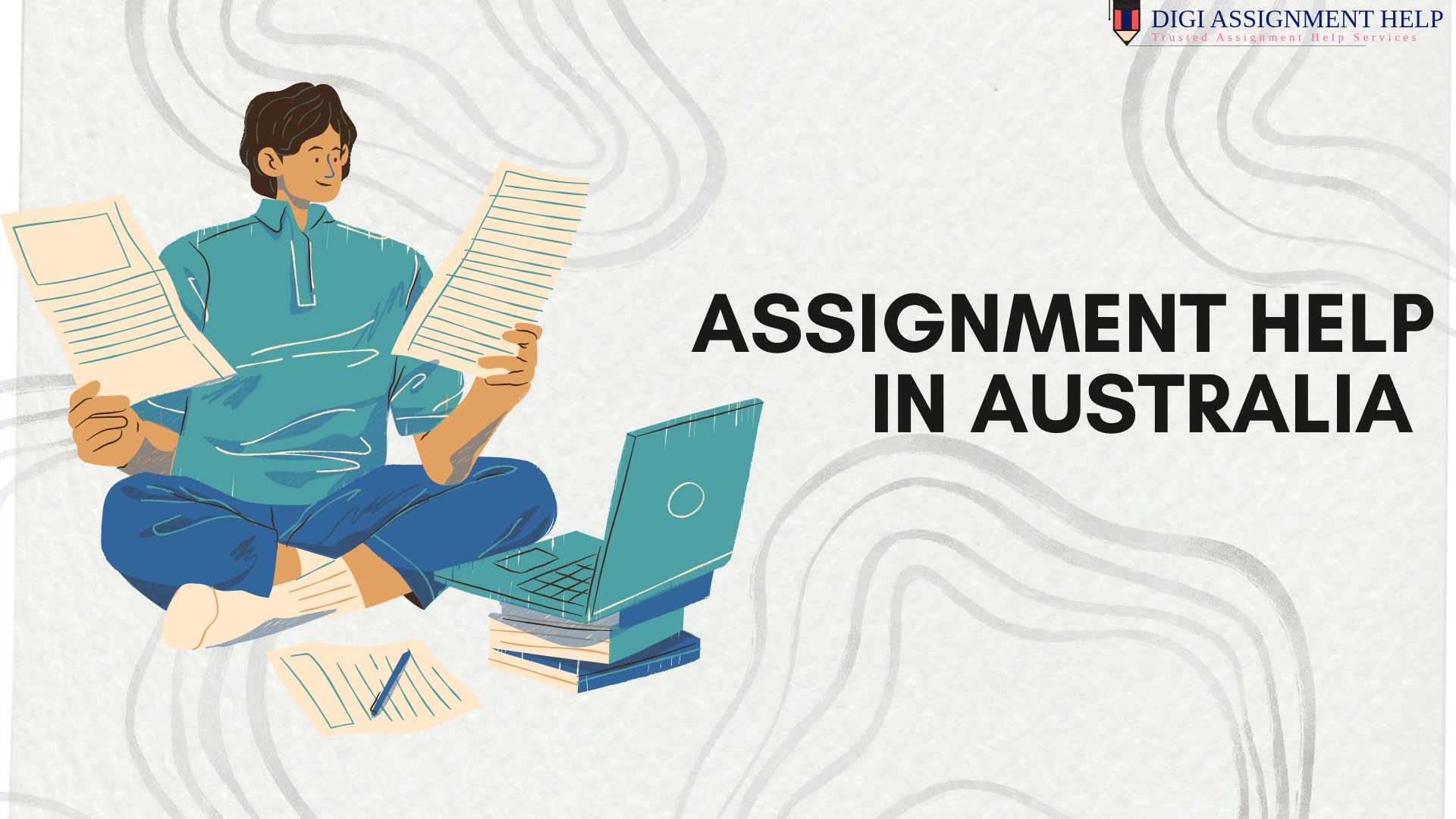Gibbs Reflective Cycle Of Nursing
 15-Mar-2023 10:02 AM
15-Mar-2023 10:02 AM

Cognitive learning is an important concept. It enables people to find lessons when they are reflecting upon their experiences. The most common model framework for reflection is the Gibbs Reflective Cycle model.
It was proposed by Graham Gibbs in 1988. The concept of this model is applied in health, education, and other sectors. This blog will show a step-by-step process on how to write a reflective piece using the Gibbs Reflective Cycle.
Understanding Gibbs Reflective Cycle
Gibbs Reflective Cycle is used because it provides structure. It also ensures that you reflect thoroughly. The cycle consists of six stages:
-
Description
-
Feelings
-
Evaluation
-
Analysis
-
Conclusion
-
Action Plan
These make the user reflect on the occurrence and consider further analysis. It also helps find ways to change for the better at each stage.
Stage 1: Description
It requires constructing a clear record of the counselling experience. In this stage, you should answer the "what" questions:
• What happened?
• Where did it happen?
• Who was involved?
• What was the outcome?
Example:
Now, let me use this activity as if I were a nurse working in a hospital based in Sydney, Australia. In your practice, perhaps you once encountered a situation where a patient complained of being unhappy. They mentioned that they weren't satisfied with the services they received from you. Your description might look like this:
"Last week, during my shift at Royal Prince Alfred Hospital in Sydney, I encountered an unhappy patient. He was upset about the delay in receiving medication. The patient expressed his frustration loudly. This caught the attention of other patients and staff. Despite my efforts to explain the situation and hurry his medication. Mr Smith remained agitated. Eventually, the medication was administered, but the experience left me feeling unsettled."
Stage 2: Feelings
At this stage, one tries to understand the emotional aspect of the experience. It is about giving one time to check how he/she felt during and after attaining a certain event or goal.
• How did you feel before, during, and after the experience?
• What were your thoughts at the time?
Example:
"Before the encounter, I felt confident. I was ready to manage my responsibilities for the shift. During the interaction with the patient, I felt very anxious and pressured. His loud complaints made me feel embarrassed and defensive. Afterwards, I felt a mix of relief that the situation was resolved. I also felt disappointed in my ability to manage the patient’s emotions effectively."
Stage 3: Evaluation
Here you weigh the facts of the matter. You look at the benefits that have been gained and weigh them against the losses that have been incurred. This phase aids in determining your strengths. It also helps to identify areas of improvement to consider.
• What was good about the experience?
• What was challenging that was good about the experience?
• What was challenging?
• What did not go as planned? go as planned?
Example:
” One advantage of the encounter was that despite the patient’s irritation I remained calm. I was professional and I was also able to give a reason for the delay. The activity was a bit demanding because it spoiled the peace of the ward. It also seemed to bother other patients. This was the most sensitive interaction I had while attending to the patient's psychological needs."
Stage 4: Analysis
During the analysis stage, you should get deeper. The focus is to know why things happened in this fashion. This includes particularly the questioning of possible factors behind the observed outcomes. The theoretical paradigms or prior knowledge of the subject can also help.
• Why did things go well or poorly?
• What sense can you make of the situation?
Example:
"I could have immediately apologized. The delay in the medication was due to an unexpected pharmacy shortage. It was a systemic problem and was not in my control at that moment. My explanation might have lacked the empathy the patient needed at that moment.
Reflecting on this, I realize some things. Addressing both the informational and emotional needs of patients is crucial. Theories on patient-centred care emphasize the importance of empathy. Active listening can also aid in managing patient concerns."
Stage 5: Conclusion
At this stage, you can provide a conclusion of all the experiences. It can include possible modifications that you could have made. This also assists in consolidating the knowledge derived from such experience. It can be used as a preparatory step for similar circumstances in the future.
• What did you learn from this experience?
• How could the situation have been better managed?
Example:
"From this experience, I learned that there are emotional needs of patients that should be met. Even before the informational needs of patients are met. This is because in this particular case, the patient was not ready for any information. I could have better managed the situation by acknowledging the patient's feelings first. Then provide a clear explanation. Involving a senior staff member or a patient advocate early on might have helped de-escalate the situation."
Stage 6: Action Plan
The last level is to expect and prepare for the various circumstances and situations in the future. It is an important stage in personality and career development. It helps determine proper ways to deal with problematic situations in the future.
• If a similar situation arises, how will you handle it?
• What specific steps will you take to improve your practice?
Example:
“In the future, I also should be more polite with the angry patients. First of all, I should address their feelings and then explain the situation in detail. Moreover, for the next time, I should try to develop my communication skills.
By using the seminars, and training that the hospital can offer. I will also familiarize myself with the protocols. Those involving senior staff or patient advocates. As early as possible in such situations to provide better support”.
Applying Gibbs Reflective Cycle In Australia
In Australia, this practice is highly recognized in different professions. It is needed to enhance the delivery of services efficiently. For example, according to the ANMAC, reflection is key to ensuring that nursing practices remain sharp.
Likewise in education, the Australian Professional Standards for Teachers stated that reflective practice is one of the main aspects of professional growth.
Using Gibbs Reflective Cycle in the Australian context involves considering the specific cultural and professional standards prevalent in the country.
For example, Australian workplaces often emphasize collaborative and inclusive practices. When reflecting on experiences, it is beneficial to consider how these values influence actions and interactions.
Conclusion
Reflective writing using the Gibbs Reflective Cycle involves a set way of analysing an incident. It helps gain a profound understanding of the situation.
Using the different stages, a person can reason logically about the actions taken. This can be considered a true reflection of cognitive contemplation.
The reflective process is also useful in light of professional standards in Australia. emphasizing the role of continuing education and professional development.
We can all learn from Gibbs's Reflective Cycle. The reflective practice helps us irrespective of our profession. Whether it is a healthcare practitioner, teacher, or any other member of society.
It maximizes growth and professional excellence. Incorporation of this sort of reflective model into personal practice helps to grow from each experience. It increases mental preparation when faced with tough times later in life. You can contact for more details to digi assignment help , assignment provider in australia.



























